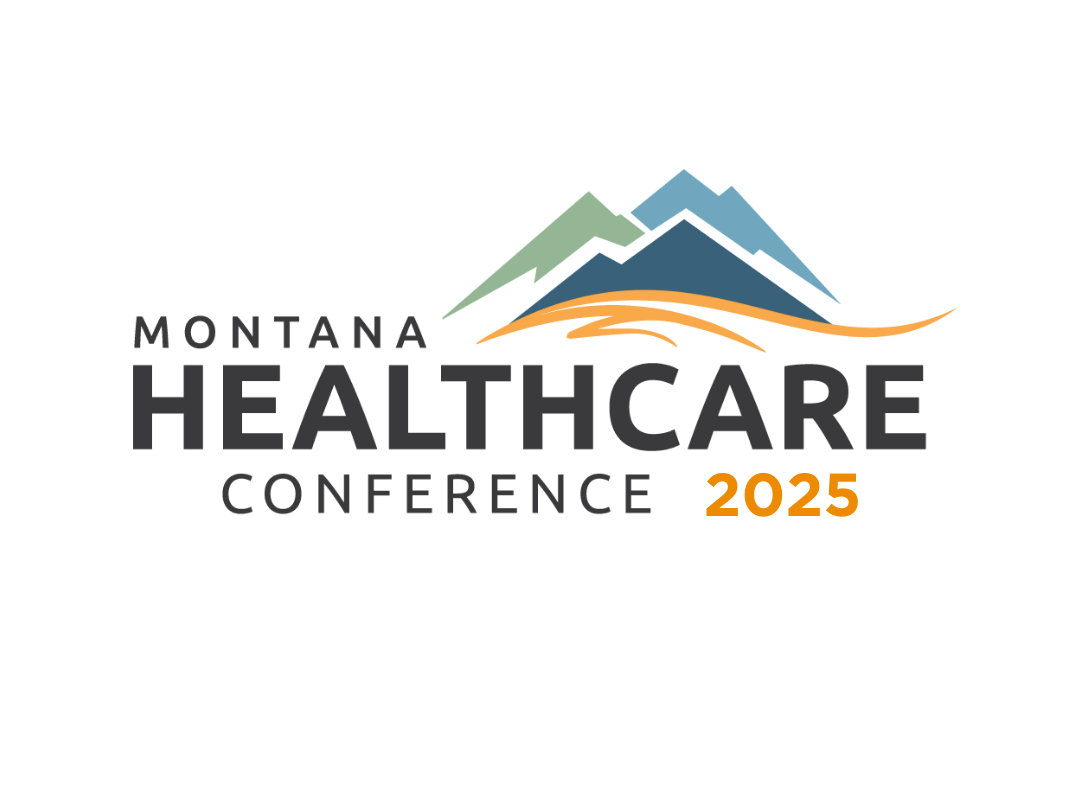The Centers for Medicare & Medicaid Services (CMS) has issued many citations related to the governing board, specifically contract management. The governing board of a hospital oversees contracted services and ensures compliance with standards set forth by accrediting bodies. This presentation will cover all contract requirements for hospitals under the CMS Conditions of Participation.
Every hospital that accepts Medicare and Medicaid reimbursement must follow the Center for Medicare & Medicaid Services (CMS) Conditions of Participation (CoPs) for all patients. This program will cover the nursing services section in the hospital CoPs manual. Facilities with Deemed Status accredited by other organizations, such as the Joint Commission, Health Care Facility Accreditation Program, CIHQ, and DNV Healthcare must also follow these regulations.
This program will discuss the often-cited areas of the CMS CoPs manual involving nursing care including plans of care, staffing, policy changes when a registered nurse is required in an outpatient department, documentation, supervision, nursing leadership, verbal orders, and more.
This program will also reference the ever-changing non-discrimination regulations of Section 1557 and briefly mention other sections of the manual that impact nursing.
After this session, participants should be able to:
• Recall that CMS has a section on nursing services that every hospital must follow, even if accredited.
• Describe the three different timeframes in which all medications must be administered.
• Discuss that nursing care plans are a frequently cited area by CMS.
• Explain the requirements for verbal orders.
Any hospital that accepts Medicare and Medicaid payments must comply with regulations known as the Conditions of Participation (CoPs). The Centers for Medicare & Medicaid Services (CMS) hospital CoPs have sections on all aspects of patient care, including medical staff and telemedicine.
This webinar will discuss the governing body and medical staff sections of the CoPs manual in relation to requirements and oversight. Although telemedicine has been a factor in health care (healthcare) for many years, COVID-19 has given it a larger role in the diagnosis and treatment of patients. This session will discuss standards for acute care hospitals, Critical Access Hospitals (CAHs), and Rural Emergency Hospitals (REHs) participating in telemedicine. Finally, attendees will learn what provisions should be included in a telemedicine contract.
After this session, participants should be able to:
- Recall that hospitals can have a separate medical staff or a unified shared integrated medical staff.
- Explain the overlap between the governing body and medical staff.
- Describe the requirements for a medical staff under the CMS Conditions of Participation.
- Discuss the requirement that hospitals must have a written telemedicine agreement specifying the responsibilities of the distant-site hospital and entities to meet the credentialing requirements.
Any hospital that accepts Medicare reimbursement must comply with the Centers & Medicaid Services (CMS) Conditions of Participation (CoPs). The patient rights CMS CoPs manual has the highest number of deficiencies for hospitals.
This webinar will cover the CoPs Appendix A section on patient rights, which applies to hospitals. Critical Access Hospital (CAH) Appendix W does not have a similar section. CAHs must provide a safe environment for patients.
Topics covered in this session include grievances, right to receive notice exercise of rights, informed consent, privacy, confidentially of medical records, directives, interpreters, abuse and neglect, plan of care, visitation rules, and support rights.
-
Identify that the CMS regulations regarding grievances require hospitals to have a grievance committee.
-
Recall that CMS has requirements for advance directives.
-
Discuss the CMS requirement for providing patients and/or their representatives information on patient rights.
-
Explain the various requirements regarding restraints and/or seclusion.

The MHA Health Summit is the premier educational opportunity to jump-start member learning for a new season. This one-of-a-kind event will offer a trade show and a wide range of educational topics to include emerging health equity trends; population health and quality improvement best practices; advances in telehealth; rural health transformation; how to be an effective leader; the future of healthcare; and much more.
Check out the Event Website at https://mhahealthsummit.org/

The 2025 MHA Healthcare Communications and Development Conference is set to take place on Monday, May 5, and Tuesday, May 6, 2025, at the AC Hotel Downtown Bozeman, MT.
Effective fundraising, marketing, and communications are vital to the success of your hospital. If your role is responsible for fundraising, marketing, digital engagement, communications/public relations, and/or business development, please join us.
The conference will help you achieve your goals by providing a learning environment with innovative ideas, tried and true methods, and new approaches. The two-day event will be filled with networking opportunities and educational content that will leave you feeling inspired with new connections and new tools to add to your professional toolbox.
This series will review the components of an effective infection prevention program and connect the dots among program planning, implementation, and patient outcomes. Our speaker will discuss the annual evaluation, risk assessment, and program plan, including methods to evaluate your data, set priorities, and engage stakeholders. Attendees will also learn about the important roles of construction, renovation, cleaning, and disinfecting in preventing infections.
This program will cover the changes to the discharge planning standards published in February 2020. The Centers for Medicare & Medicaid Services (CMS) has yet to publish revised interpretive guidelines and survey procedures to match the new regulations. The regulations apply to all hospitals, including Critical Access Hospitals (CAHs).
This webinar will also discuss the Impact Act’s effects on hospital discharge planning. The Act requires hospitals to assist patients with post-discharge care, whether they are using at home health or are transferred to a skilled nursing facility, long-term care hospital, or inpatient rehab facility. Information on all four must be provided to the patients except for CAHs.
This program will address transfers to other facilities, assessment of readmission within 30 days, caregiver rights and recommendations, reduction of factors that lead to preventable readmissions, timely discharge planning, and more.
This webinar will discuss Section 1557 of the Affordable Care Act, which applies to all hospitals (including Critical Access Hospitals (CAH)) and other healthcare providers such as physician offices and nursing homes. The law addresses nondiscrimination, required signs and notices, interpreters, a civil rights law for healthcare providers, and more. Section 1557 forbids discrimination based on sex, race, color, national origin, age, and disability and is the first law to prohibit discrimination based on sex in covered health programs and activities.
This program will discuss case law regarding several issues of importance to hospitals and changes by the Office of Civil Rights (OCR).
Attendees will also learn about the Centers for Medicare & Medicaid Services (CMS) recognition that there were no prohibitions in the hospital Conditions of Participation (CoPs) on gender identities, which can be a barrier to seeking care. While CMS decided not to include the law in two separate places within the CoPs, CMS can refer any issue to the OCR.
This program will provide resources and information to help meet the education requirements to ensure your employees understand and abide by this law.
Swing beds can be a financial lifeline for Critical Access Hospitals (CAH). This webinar will focus on swing bed regulations in Appendix W for CAHs. Swing bed common deficiencies and how to avoid them will also be reviewed.
While it can be challenging to determine the interpretive guidelines and survey procedures without a crosswalk between Appendix W and Appendix PP, this webinar will assist hospitals in understanding what actions need to be taken.

The 2025 Montana Healthcare Conference is a collaborative event offered by the Montana Hospital Association and co-sponsored by the Montana Primary Care Association. It is the largest healthcare education opportunity in Montana. Participants experience interdisciplinary topics with a focus on general trending issues. By partnering with affiliate organizations in the state, we can offer education targeted to their members’ needs.
The event offers three keynote sessions, multiple concurrent sessions, networking opportunities, the largest exhibitor trade show in the state, and more. Participants from every facility in Montana can expect to gain insight into leadership, new technology, industry trends, quality excellence, and human motivation.





